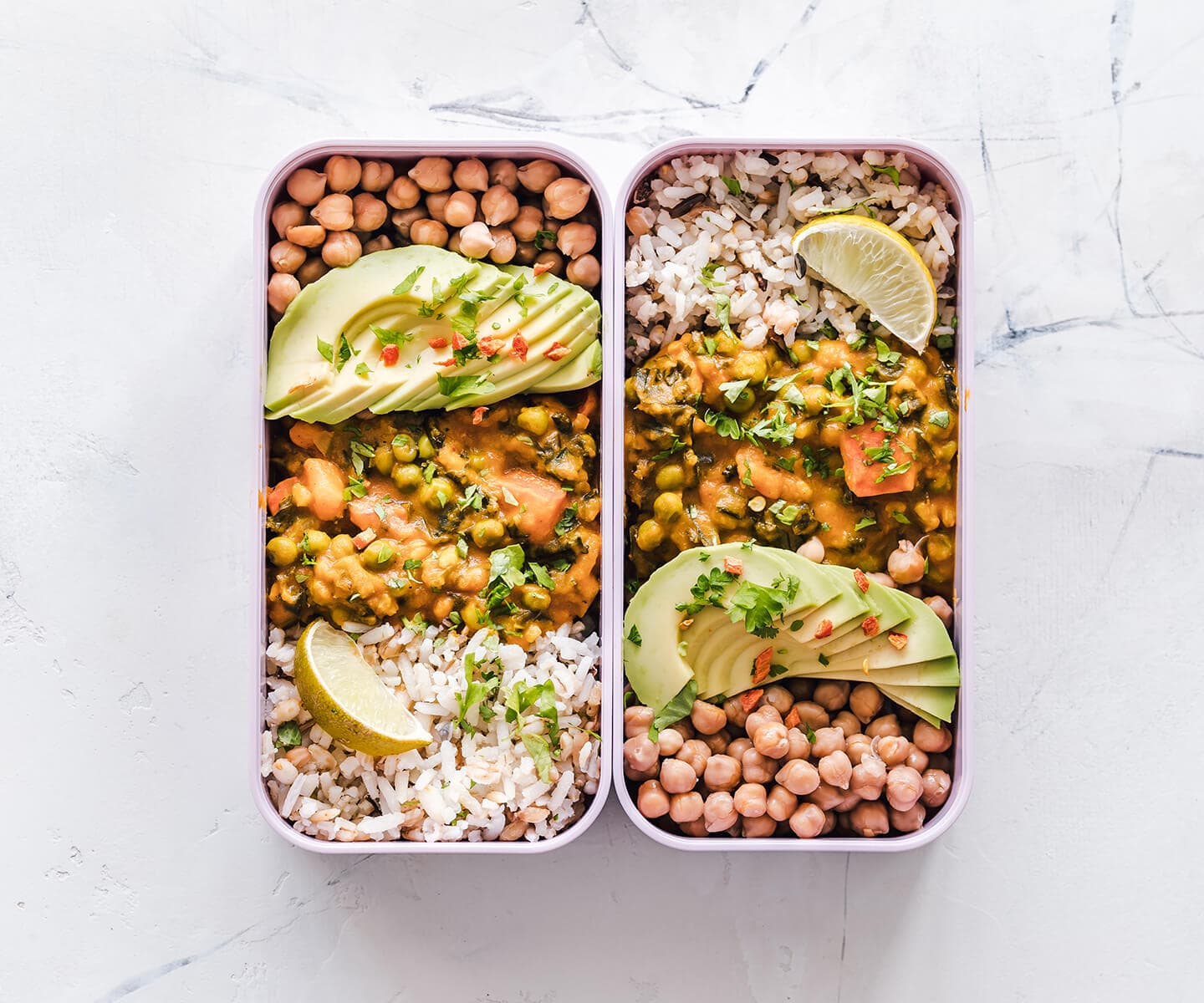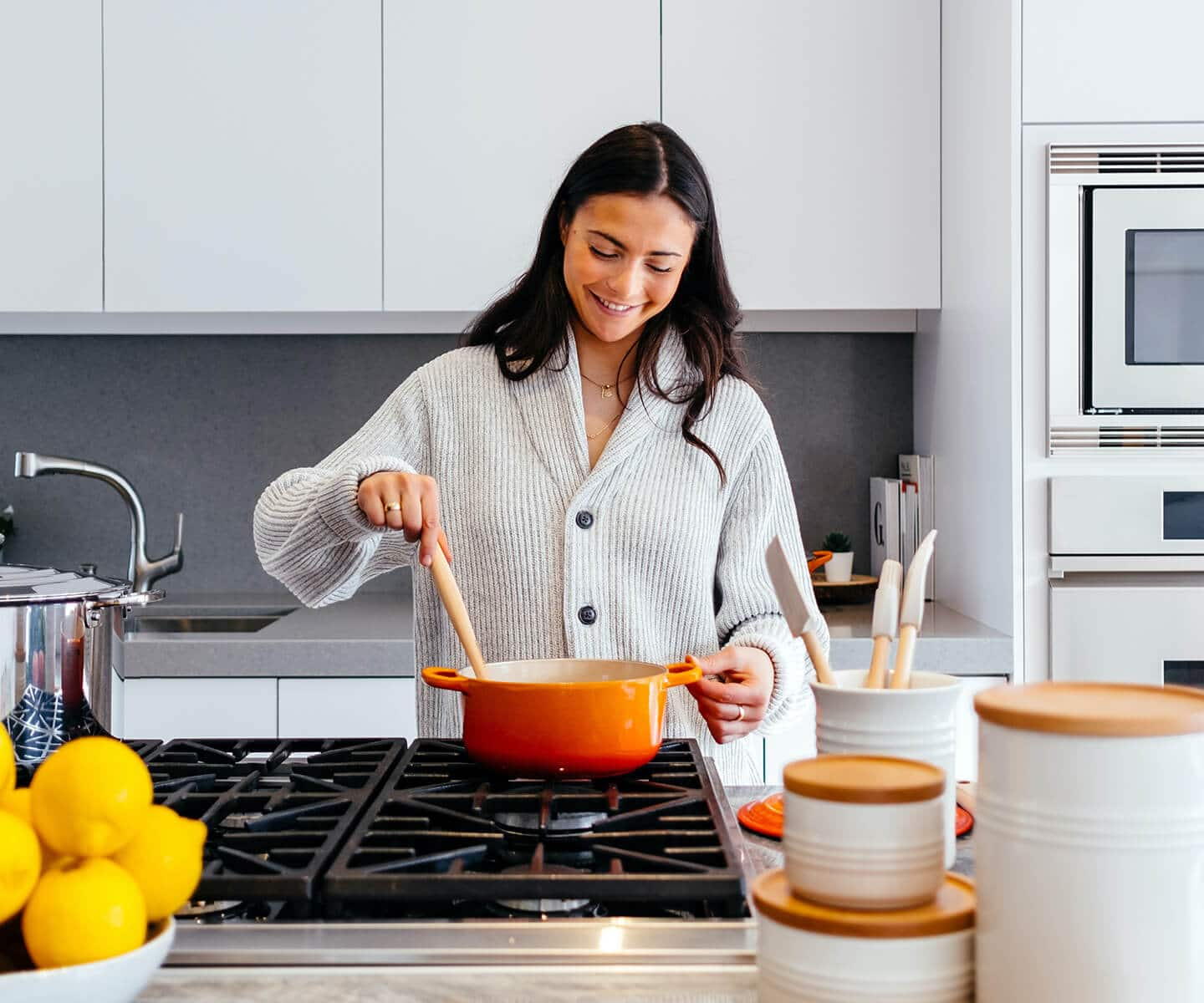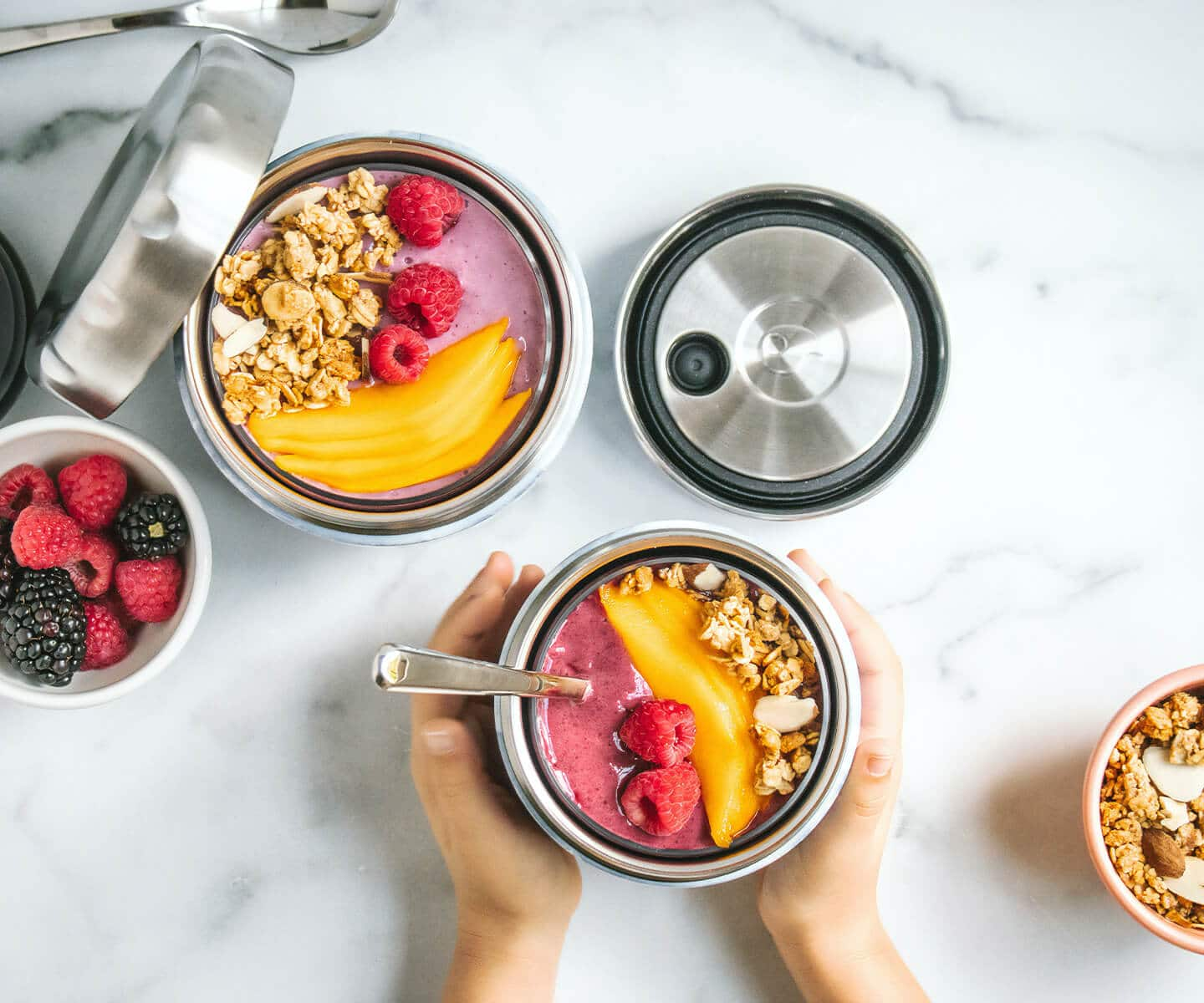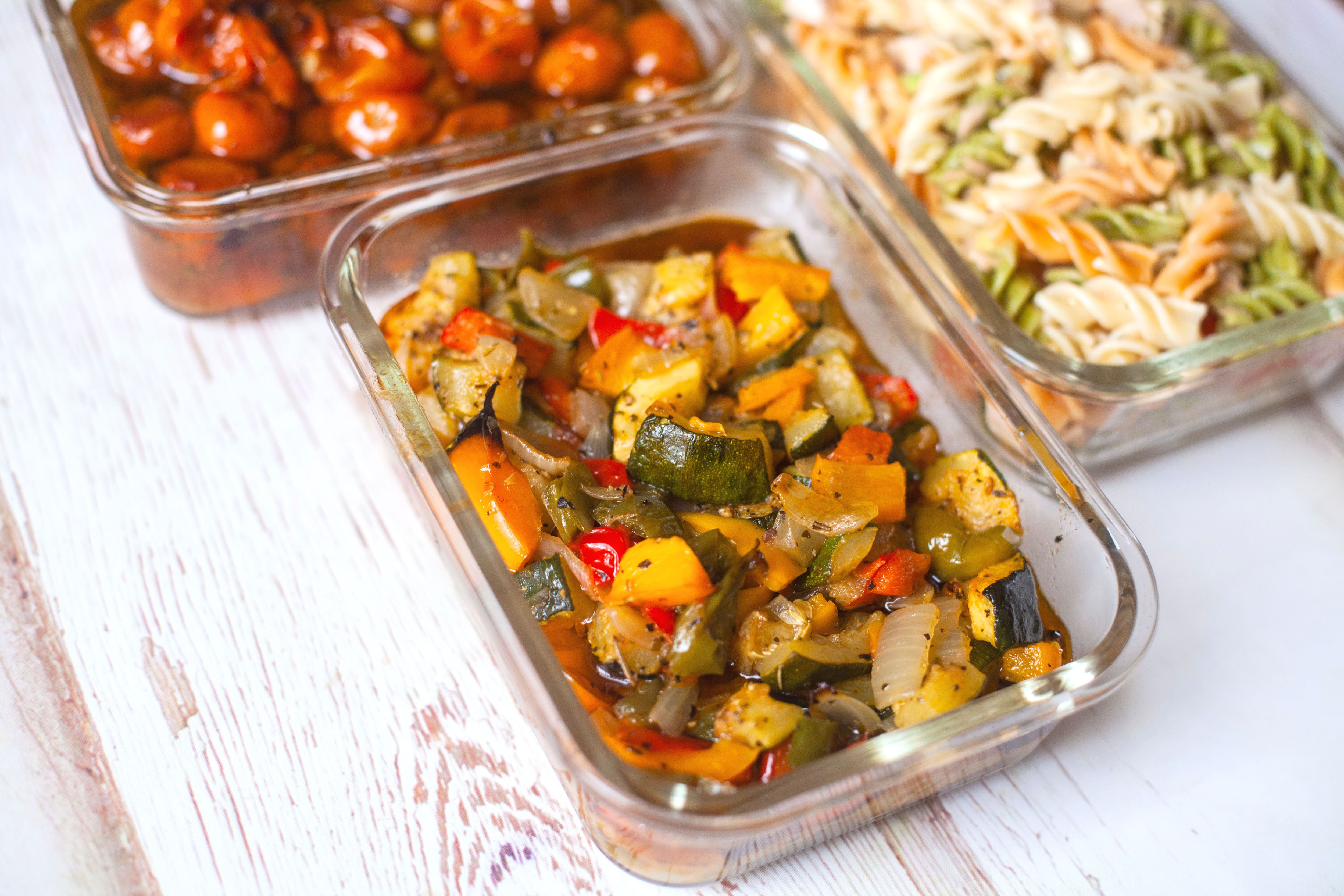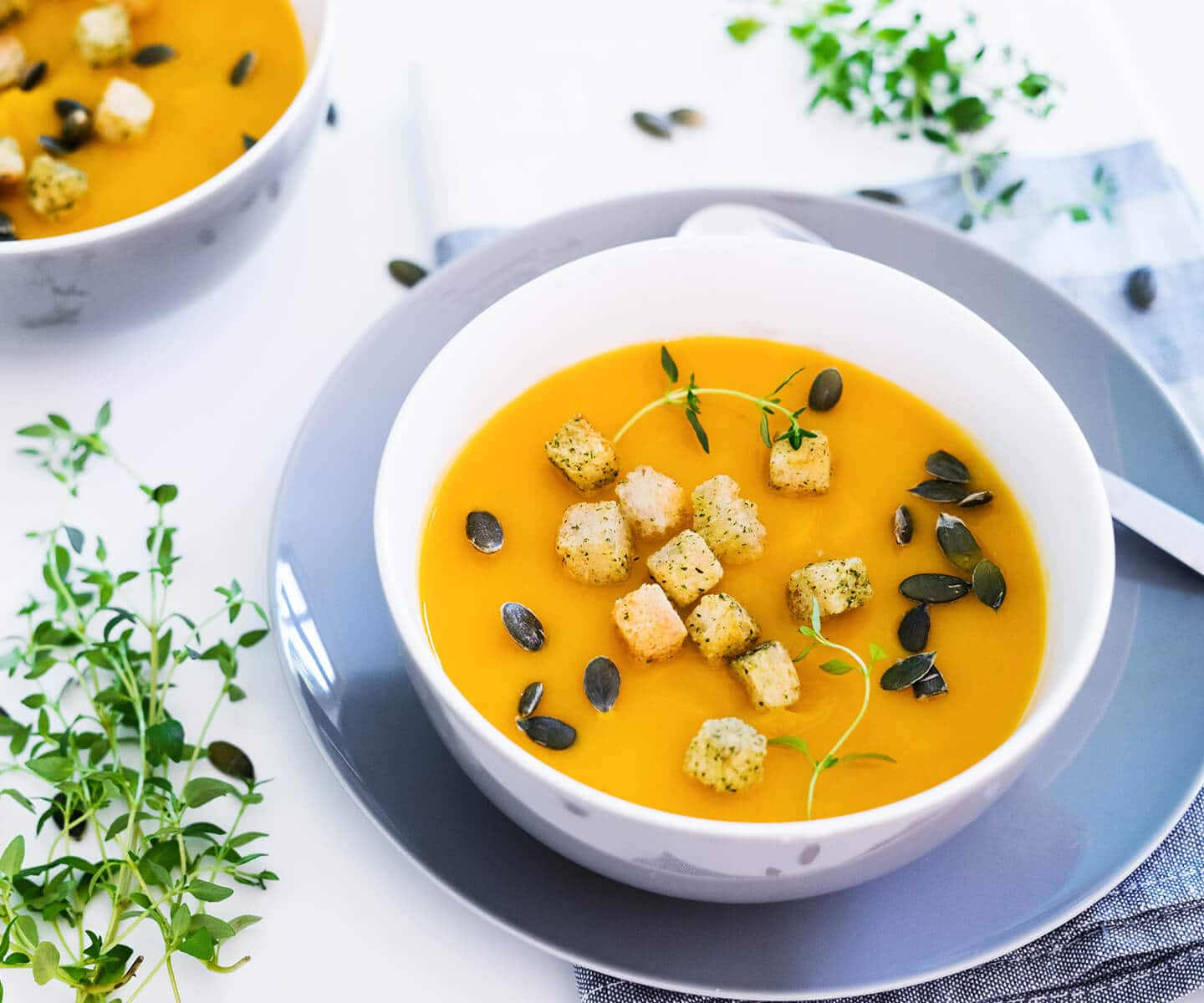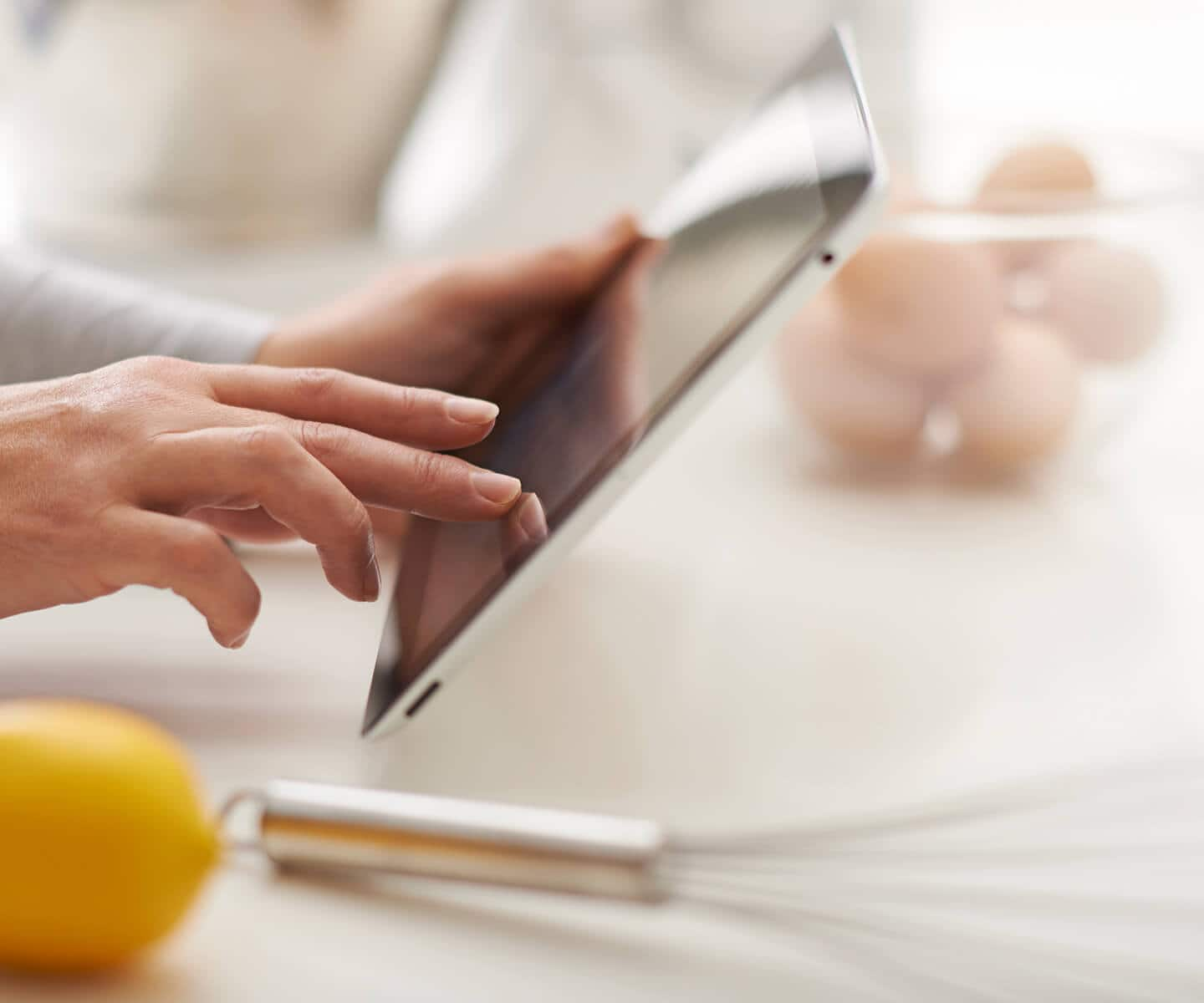Ingredients
Varied meals: Hugely beneficial.
Vegetables in season. Ideal options include: carrots (e.g. as crudités), pumpkins (cooked with oil and spices), courgette (roasted), tomatoes (cherry tomatoes to snack on), aubergines (roasted), broccoli (steamed), peppers (raw or roasted) and avocados.
Carbohydrates provide energy. Tasty sources include: potatoes, sweet potatoes, rice, pasta (ideally wholegrain), millet, quinoa, cous cous and bulgur.
Protein is an important part of any meal and helps to keep you full. Find it in meat, fish, tofu, pulses, quark, yoghurt and cooked eggs.
Dips/sauces to give your meal prep ingredients that extra hit of flavour. We recommend tomato sauce or ketchup, sour cream with herbs, pesto, hummus and guacamole.
